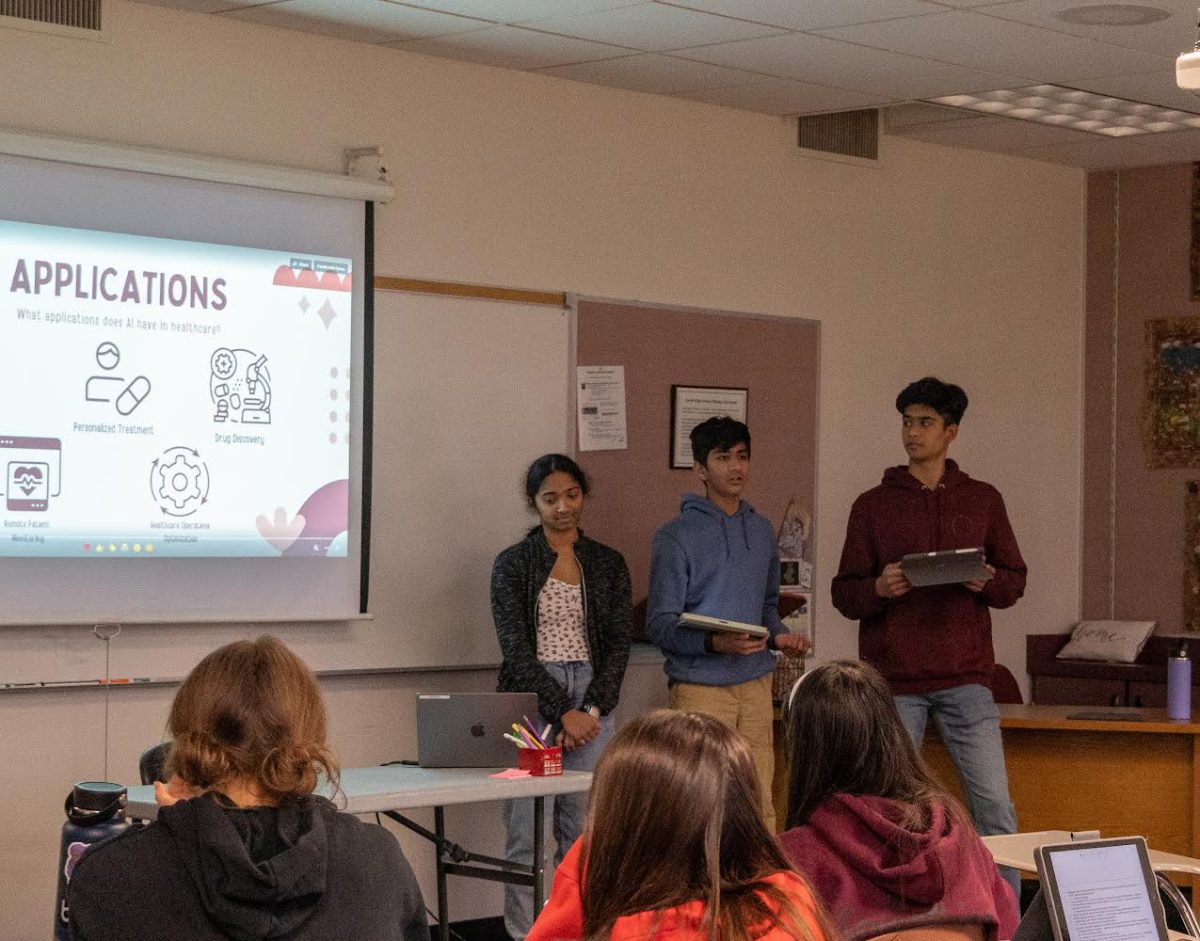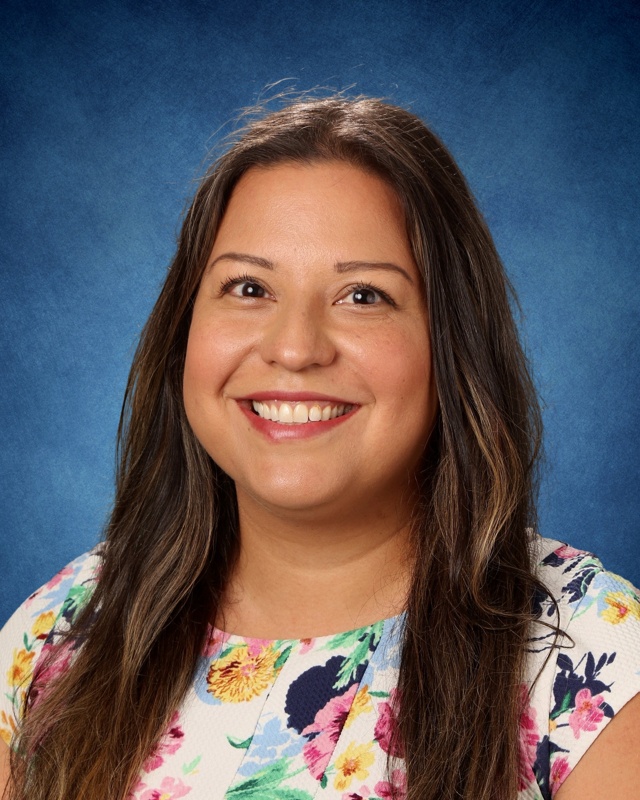In our ongoing series about the impact of AI at Jesuit High School, Jesuit Media writers are focusing on the many ways it affects a Jesuit education.
Sophomores Nidhi Yadalam, Akash Ragam, and Vrushab Karthic led a social justice week workshop called “AI in Healthcare: Revolutionizing Medicine and Clinical Diagnoses” on Wednesday, March 13. Their workshop focused on how we can apply AI through medicine and the ethical side of using it in medicine.
“It’s important for teens to learn about AI in healthcare because it helps equip them with skills and knowledge required to prepare for future careers in a rapidly growing field,” Yadalam said.
The sophomores started off their workshop explaining how AI can generally be used in medicine in things like treatment plans, diagnoses, analyzation of medical images, and patient monitoring. They specifically explained that their workshop was focused on the ethical side of AI in Healthcare.
They then went on to explain that AI algorithms can assist healthcare professionals in diagnosing diseases by analyzing symptoms, medical history, and other data. AI can also interpret medical images like X-rays, MRIs, and CT scans. It can assist in creating personalized treatment plans by analyzing patient data, genetics, and clinical guidelines.
“I think what was interesting was how present AI should be in the medical field, and if it should take over the diagnostic stage that doctors normally do,” sophomore Mailani Tran said.
Although there are many pros like faster diagnoses, improved accuracy, and personalized care, there are also cons. AI systems in medicine rely on great amounts of patient data and medical records and this raises concern about patient confidentiality and making sure that personal information isn’t leaked, misused, or disclosed without consent.
According to the workshop leaders, bias in algorithms that are used in healthcare is also a concern. If certain AI algorithms contain biases, it could lead to disparities in treatment and different outcomes among different demographic groups. This could lead to inequitable access to care and diminished health results for marginalized communities.
Then the sophomores displayed different case studies and diagnostic dilemmas with questions for the audience to discuss. For example, a software glitch where AI accidentally leaks to a pharmaceutical company and AI gives a patient an incorrect diagnosis.
“They gave us specific scenarios and it was really useful to understand the concept and how it will affect us in the future”, sophomore Andrea Jerald said.










